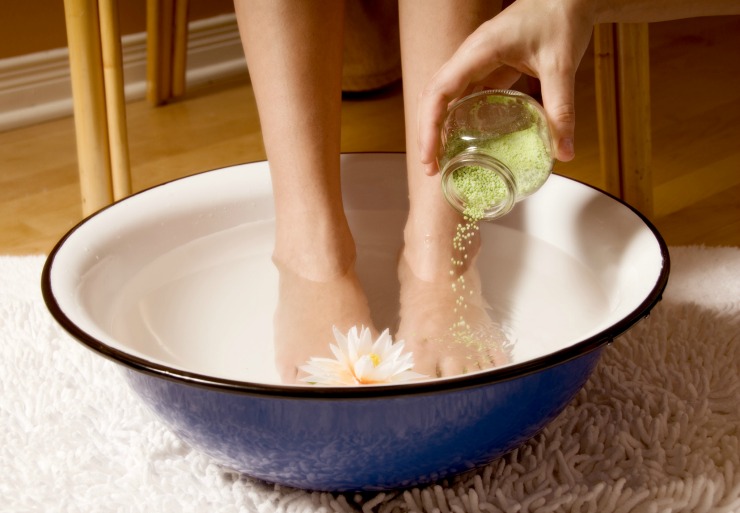5 Tips To Improve Rheumatoid Arthritis Symptoms
Rheumatoid arthritis (RA) isn’t a disease one can ignore.
It is something that can cause the person who’s been diagnosed, to look deeper into their health and what is causing their symptoms. RA is an autoimmune disease, where the body begins to attack the individuals joints, leaving the joints inflamed, stiff and painful, as it believes the cells are foreign invaders. The attack causes a further immune response causing fluid to build up around the joints, which creates the pain and inflammation.
The current conventional treatment of RA mostly involves medication only, including non-steroidal anti-inflammatory drugs (NSAIDs), followed by steroids. to suppress or modulate the immune system. Unfortunately all these medications have harmful side-effects, so it is crucial to find the underlying ‘root cause’ of the diagnosis if possible, and to strongly consider addressing this e ‘root cause’. Making changes to your diet can help.
Tips to improve RA symptoms:
- Remove gluten! This includes wheat, barley, oats, rye and spelt. Someone with RA may actually have coeliac disease, and their symptoms are being shown as RA and not so much the generic symptoms of coeliac disease. This tells us that gluten must be removed if someone is showing symptoms of RA. Start with removing the modern gluten as this triggers leaky gut, and fires up your immune system and therefore creates more inflammation.
- Remove other inflammatory foods that trigger your immune system. Other inflammatory foods include corn, vegetable oils, sugar, soy (excluding organic fermented soy like tamari or tempeh), as well as foods containing artificial colours, flavours and preservatives. You might also want to consider eliminating other inflammatory foods such as nightshade vegetables which include tomatoes, egg plants, white potatoes, capsicum family (chilli peppers, bell peppers, red capsicum, jalapeno, cayenne) and goji berries. It is best to consider doing an elimination protocol to find what foods your body reacts to such as the Hunter Gatherer Protocolor the 4 Phase Fat Elimination Protocol.
- Underlying infections have shown to play a huge part in those with RA. Gut microbes have been shown to be altered and certainly considered when treating RA. A stool test is a great way to discover what probiotics you may require, or what herbs you may need to reduce an infection. For example, the bacteria Prevotella copri has been associated with a diagnosis of RA, which results in a lower number of bacteroides. Therefore, it is advised that patients with RA get a comprehensive stool test to find what their individual microbiome requires.
- Consider learning to adapt to life’s stresses, or reduce the stress you’re putting on yourself. Stress makes you vulnerable to infections, lowers your immune system and increases inflammation within your body. We live in a very fast paced world, so give yourself time to unwind away from ‘modern technology’, time to breath, to stop and do the things that matter to you the most. Deep breathing into your belly, walks on the beach or in nature, taking an Epsom salt bath and guided meditations are a few examples of what you could consider and incorporate into each day. Aim for at least 10 minutes a day to be dedicated to relax – time just for you!
- Consider heavy metal toxicity. If you have amalgam fillings, it may be worth getting them removed as heavy metal toxicity such as mercury can wreak havoc on your immune system, potentially contribute to autoimmune illness and can show up differently within each person. Look for other sources of heavy metal toxicity, such as unfiltered water, cookware or cosmetic products like deodorants, toothpastes and make-up. You may consider getting tested via a holistic practitioner.
As you can see, it is crucial to take a holistic approach when treating rheumatoid arthritis. Of course it is important to not overwhelm yourself and instead to focus one step at a time. You may be able to at least slow the progression of the RA if you consider these factors.
These are steps that you can take to investigate what is causing RA, and what to consider to improve the symptoms.
What experiences have you or a family member had with RA? What has worked or not worked for you? We would love to hear from you.
Happy changing habits
Source: whatswithwheat
“5 Tips To Improve Rheumatoid Arthritis Symptoms” by:Sheridan Williamson


